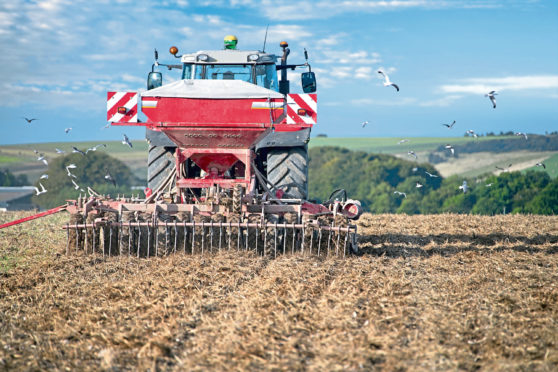UK growers are turning their backs on oilseed rape, according to figures from the Agriculture and Horticulture Development Board (AHDB).
The levy body’s early bird planting survey reveals the amount of oilseed rape sown by UK growers is at its lowest level for more than 30 years.
According to the survey, oileed rape plantings have fallen to 786,000 acres this season – the lowest level since 1986.
AHDB said the continued decline in the amount of oilseed rape grown in the UK had been accelerated by tough weather conditions and crop losses last year.
It said better drilling conditions in the autumn had led to a resurgence in winter wheat plantings compared to last year, with growers set to sow just below 4.5 million acres of wheat this season.
This is up 28.3% on last year but in line with the five-year average.
The planting survey also shows an increase in the area growers plan to sow with winter barley, up 24% on 2019 to 974,000 acres.
The intended spring barley acreage is down 30% on last season, when there was a surge in spring plantings due to growers not being able to get winter crops in the ground, to 1.89m acres. This is slightly above the five-year average of 1.75m acres.
The survey also revealed an increase in other break crops, following the decline in oilseed rape plantings, with oat plantings up 3.6%, and pulses up by 7%.
The amount of other cereals – such as rye, triticale and mixed grains – growers intend to grow is up 40.8%.
“Drilling has reportedly gone significantly better than last year, when many growers struggled to get crops in the ground due to wet conditions,” said AHDB analyst Anthony Speight.
“As a result of more favourable weather this autumn we have seen significant year-on-year rises in planted area across winter cereals.
“The exception is oilseed rape, which continues to decrease with many growers challenged by the threat of cabbage stem flea beetle, but this has led to some more niche crops gaining ground.”
